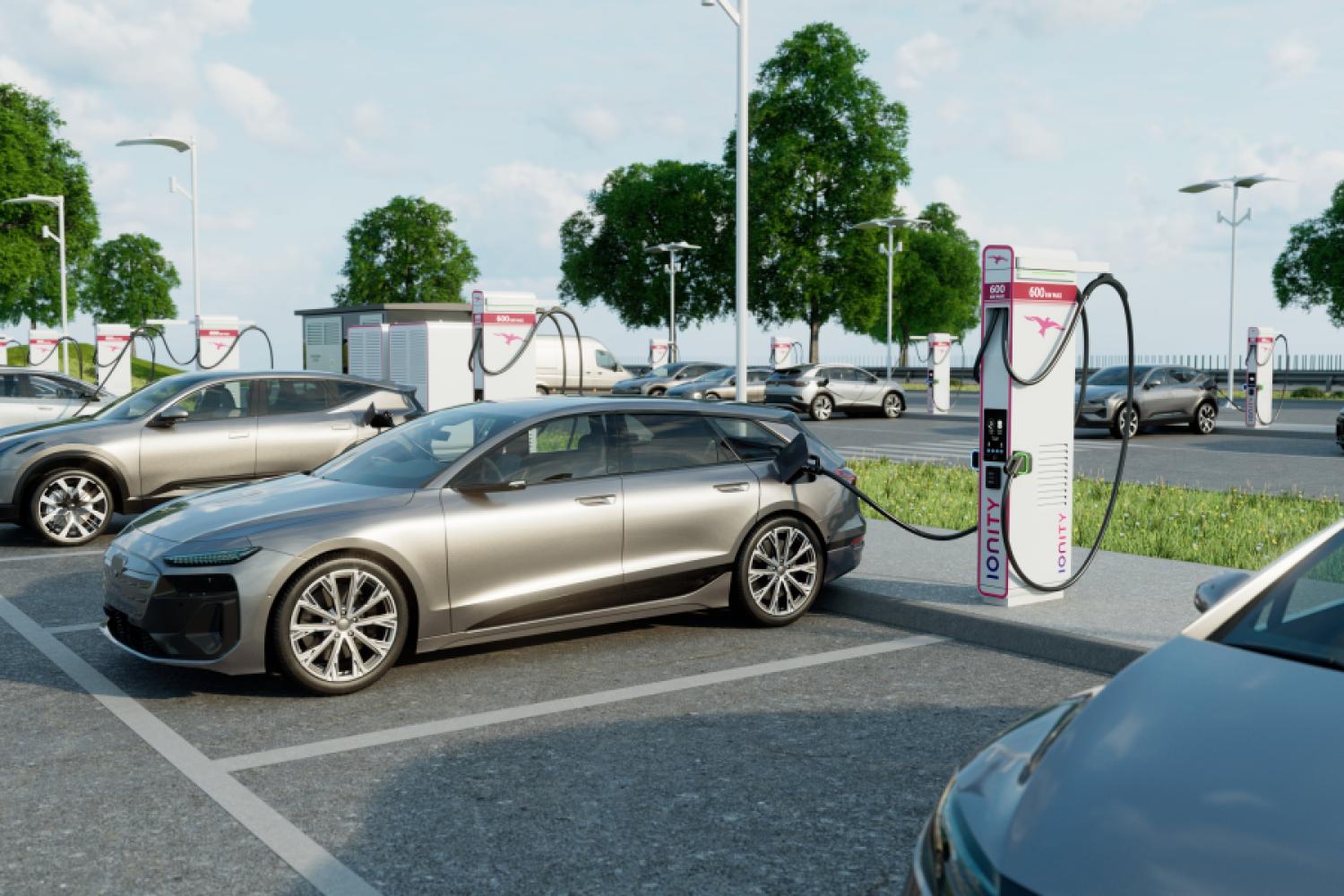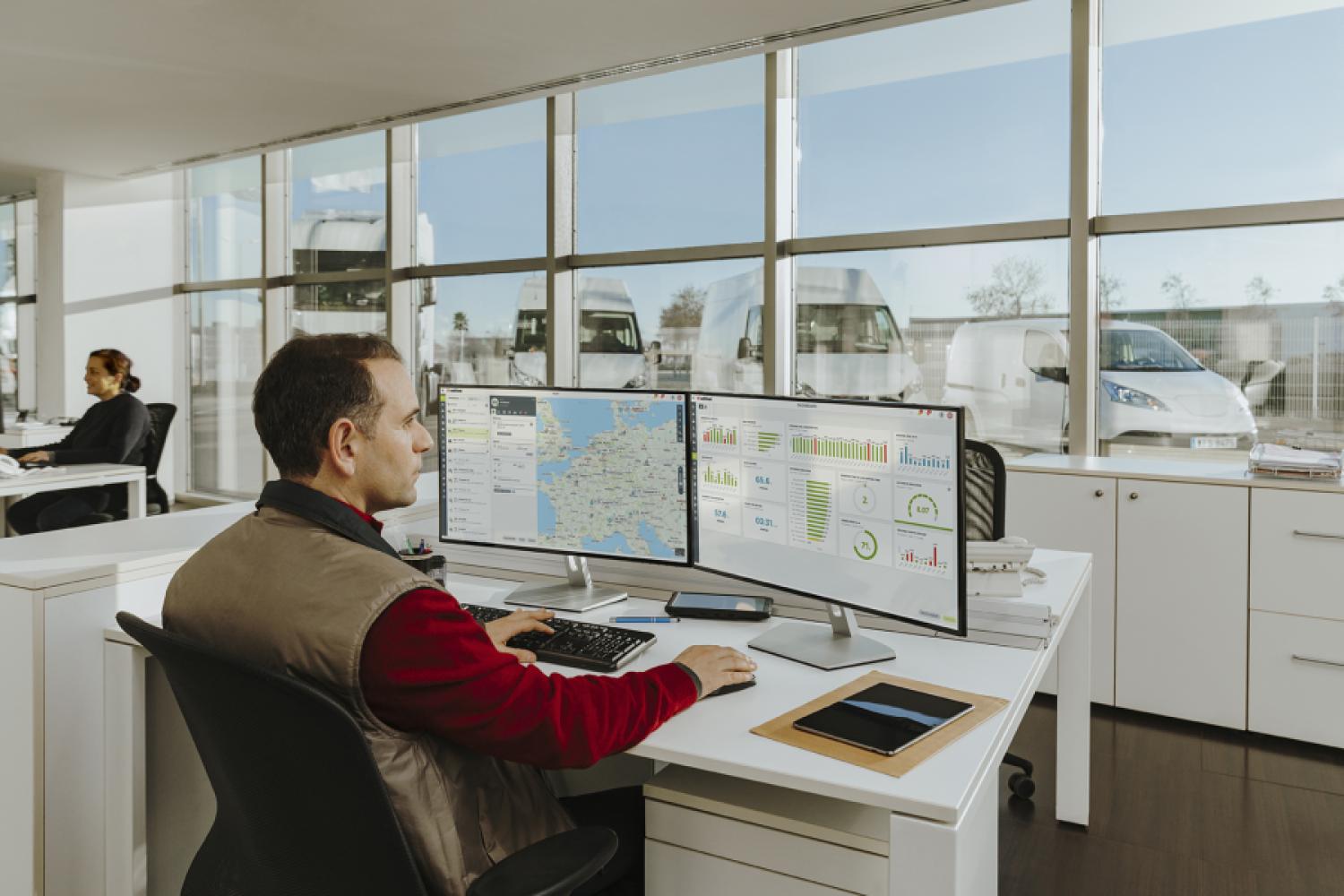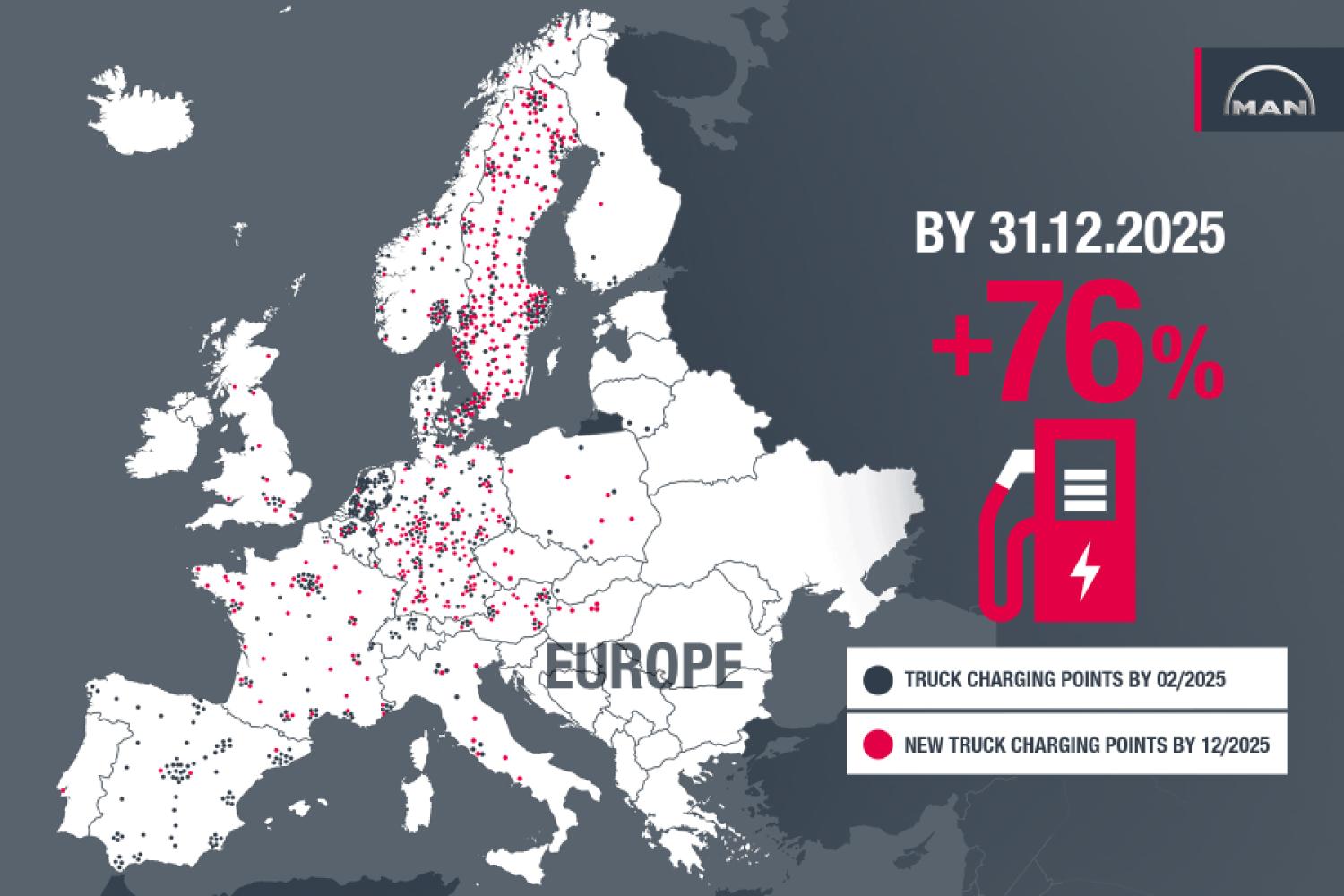Automotive operations can definitely perform vehicle diagnostics, repairs, and maintenance without restrictions from manufacturers via the On-Board Diagnostics (OBD) interface. This means that, at least theoretically, access to this interface must be unrestricted and possible even without personal registration with the vehicle manufacturer. This has now been confirmed by the Higher Regional Court (OLG) of Cologne with its rejection of an appeal by vehicle manufacturer Stellantis Europe against a case positively decided in favor of automotive service providers. This finally paves the way for fair competition on vehicle data in the repair market, reports the Central Association of German Motor Vehicle Trade (ZDK).
Path Clear for Fair Market Participation
The Bonn association, which represents the interests and concerns of around 36,000 master automotive operations in Germany on a political level in Bonn, Brussels, and Berlin, now considers this final ruling an important breakthrough: it finally provides clarity that businesses must be granted unrestricted data access to perform their vehicle services. This situation first enables independent car workshops to compete fairly: after all, it's not only about ensuring equal access to vehicle data for all workshops; it also allows customers to truly independently decide which workshop they wish to trust with the repair of their vehicle.
Dr. Kurt-Christian Scheel, CEO of the ZDK, outlines the currently challenging conditions for personnel and customers in workshop services when he says:
“We are currently facing many challenges due to transformations in the automotive sector, where motorists must not be left behind. With this ruling, the OLG Cologne confirms that affordable mobility for consumers and the related services provided by our automotive operations, such as repair and maintenance, are of high societal value.”
According to Dr. Scheel, workshops could now access repair and maintenance information securely and without restrictions, based on this ruling, which is an “important signal” for the automotive industry. The decision ensures free competition and thus the “basic prerequisite for the operational existence of independent workshops” and also affects the decision-making freedom of other market participants:
“Fair data access is also the prerequisite for the free and unrestricted selection of offers for consumers.”
Implementation Delayed
Now the ruling of the Higher Regional Court has finally settled that workshops may view the data without restriction. This also means that anyone acting against this will be committing an offense. However, this does not yet mean a clear path for the operations. It may take some time before truly smooth work with vehicle data becomes possible, as, according to the ZDK upon request, the ruling is binding for all vehicle manufacturers in the European Union; however, the already established data protection measures cannot simply be removed and require particular “internal vehicle changes” initially.
It may also be the case that not all manufacturers feel immediately compelled to comply with this regulation. At least, as confirmed by ZDK's head of workshops and technology, Dominik Lutter, the parties involved in this lawsuit are likely now keeping a vigilant eye on the market to quickly notice whether the regulation is being followed.
Background: Previously, vehicle manufacturers could prevent free access to vehicle data through certain restrictions, for example, for a specific user group or other access barriers. Workshops had to go through the cumbersome process of registering via the manufacturer's server for their automotive services like vehicle diagnostics, maintenance, and repair, to gain access to the data relevant to their work. Some automotive service companies had already filed lawsuits against this hindrance in automotive operations years ago.
As we reported, other associations like the ASA-Association (the Federal Association of Manufacturers and Importers of Automotive Service Equipment) or at the European level Egea (European Garage Equipment Association) in statements have explained the matter and emphasized the urgency of free accessibility to vehicle data for fair competition.
In April 2024, the plaintiffs were largely granted their claims by the Cologne Regional Court, meaning that restrictions on data access were only permitted under specific, legally defined circumstances and were otherwise unlawful. The accused party, in this case, the vehicle manufacturer Stellantis, appealed this verdict. This appeal was now dismissed by the Higher Regional Court of Cologne, making the verdict legally binding in Europe.






